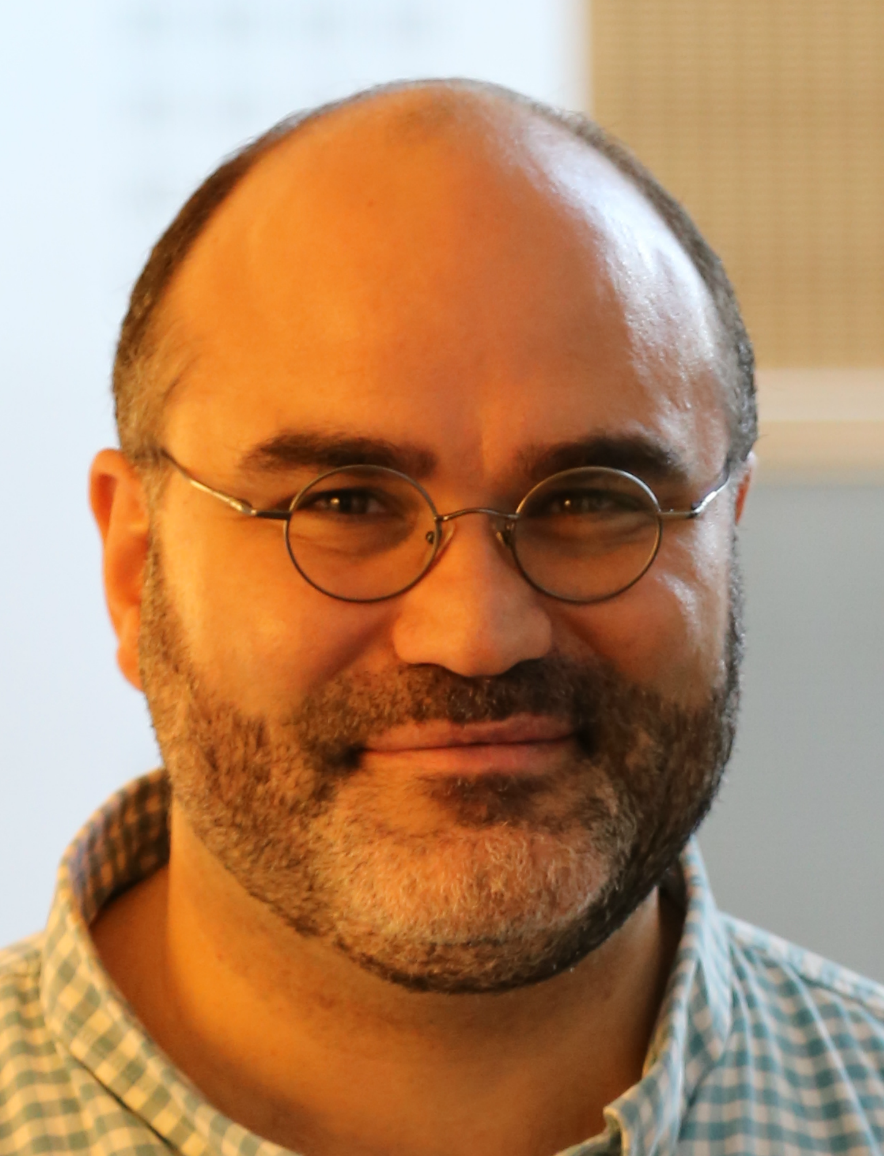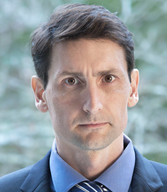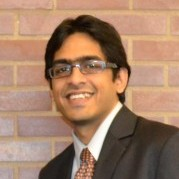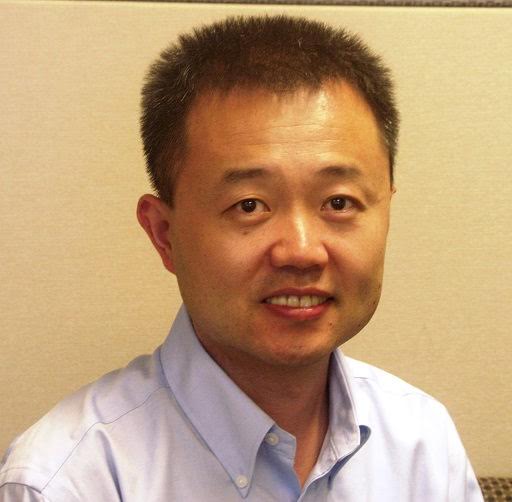Keynote speakers
 Alejandro Frangi
Alejandro Frangi
Dr Alejandro was born in La Plata, Argentina. He obtained his undergraduate degree in Telecommunications Engineering from the Technical University of Catalonia (Barcelona) in 1996. In 2001 he obtained his PhD at the Image Sciences Institute of the University Medical Center Utrecht on model-based cardiovascular image analysis. During this period he was visiting researcher at the Imperial College in London, UK, and in Philips Medical Systems BV, The Netherlands. Prof Frangi is Professor of Biomedical Image Computing at the University of Sheffield (USFD), Sheffield, UK. He currently leads the Center for Computational Imaging & Simulation Technologies in Biomedicine and is the Academic Coordinator of the MSc Bioengineering: Imaging & Sensing programme in Sheffield. Prof Frangi is a recipient of the IEEE Engineering in Medicine and Biology Early Career Award in 2006, the ICT Knowledge Transfer Prize (2008) and two Teaching Excellence Prizes (2008, 2010) by the Social Council of the Universitat Pompeu Fabra. Prof Frangi serves in the Scientific Advisory Board of the European Institute for Biomedical Imaging Research (EIBIR) and as Chair of the Fellows Committee of the IEEE EMBS (2017).
 Marius George Linguraru
Marius George Linguraru
Dr. Linguraru loves working with multidisciplinary teams of clinicians, scientists and engineers to help children grow healthy and happy. He is Principal Investigator in the Sheikh Zayed Institute for Pediatric Surgical Innovation at Children's National Health System, and Associate Professor of Radiology and Pediatrics at the School of Medicine and Health Sciences of George Washington University in Washington, DC. At the Sheikh Zayed Institute, Dr. Linguraru founded and directs the Quantitative Imaging Group that is creating the next paradigms in healthcare through image analysis and software-based technology that is objective, robust and widely accessible. Dr. Linguraru is internationally known for his work in quantitative imaging to create modern and mobile health tools that can assess disease, design and evaluate personalized therapies, and anticipate risk factors in the lives of children. In 2011, he joined the Sheikh Zayed Institute from the National Institutes of Health Clinical Center, where he maintains an appointment as Associate Investigator. Dr. Linguraru is the Chair Elect of the Technical Committee for Biomedical Imaging and Image Processing of the IEEE Engineering in Medicine and Biology Society and the recipient of numerous awards, including a prize for Excellence in Engineering by a Younger Engineer at the Houses of Parliament in London, UK. He completed his doctorate at the University of Oxford and holds masters degrees in science and in arts from the University of Sibiu, Romania. He held fellowships at the French National Institute of Research in Informatics and Mathematics and at Harvard University.
 Luca Marinelli
Luca Marinelli
Dr Luca Marinelli is Program Leader, Healthcare Technology Partnerships at GE Global Research. In this role, he focuses on creating collaborations with academic partners, industry, and foundations to promote strategic research program development. Most recently, he has led the imaging biomarker research in the partnership between GE and the National Football League on traumatic brain injury. Dr. Marinelli is also co-principal investigator of the GE-MGH-Houston Methodist clinical study in ALS patients with the goal to develop novel imaging biomarkers of diagnosis and progression of this devastating disease through advanced GE MRI and PET imaging technologies. Luca Marinelli joined GE Global Research in 2005 as a staff scientist in the MRI Laboratory. His research interests have focused primarily on fast MR imaging and advanced algorithms for accelerated image acquisition and reconstruction, including the development of early compressed sensing applications to MRI. From 2011 to 2014, Luca directed the MRI Laboratory at GE Global Research, an organization of 15 scientists, engineers, and technicians, where he was responsible for driving the development of next generation MRI systems and applications, and transition of technologies to GE Healthcare.
 Satish Viswanath
Satish Viswanath
Dr. Satish Viswanath is an Assistant Professor in the Department of Biomedical Engineering, Case Western Reserve University. He received his Bachelors Degree in Information Technology from Mumbai University (India) in 2004, his MSc in Medical Imaging from the University of Aberdeen (UK) in 2005, and his PhD in Biomedical Engineering from Rutgers University (USA) in 2012. He joined the Department of Biomedical Engineering, Case Western Reserve University as Assistant Research Professor in 2012. In 2016, he accepted the position of Assistant Professor in the department, directing a lab on image informatics for interventions. The primary focus of his research has been developing novel analytics, image radiomics, and machine learning schemes for biological quantitation of in vivo imaging data, with applications in image-guided interventions, directed guidance, and quantitative evaluation of response to treatment in gastrointestinal cancers and inflammatory diseases.
 Yalin Wang
Yalin Wang
Dr Yalin Wang received his PhD from University of Washington. Currently, he is an associate professor with tenure in School of Computing, Informatics, and Decision Systems Engineering (CIDSE) at Arizona State University (ASU), where he directs the research laboratory of Geometry Systems Laboratory (GSL,http://gsl.lab.asu.edu). His research is in the areas of neuroimaging, computer vision and statistical pattern recognition. Collaborating with some world-class neuroscientists and neurologists, his work well connects modern geometry and neuroimaging research by focusing on developing novel algorithms for brain image analysis, and the computational modeling of brain structure. His work has been funded by 7 grants from the National Science Foundation (NSF), National Institutes of Health (NIH) and Arizona Alzheimer’s consortium. He has published a textbook and over 200 papers in a variety of technical conferences and journals. He received the “2016 Best Junior Faculty Researcher Award” from ASU CIDSE.